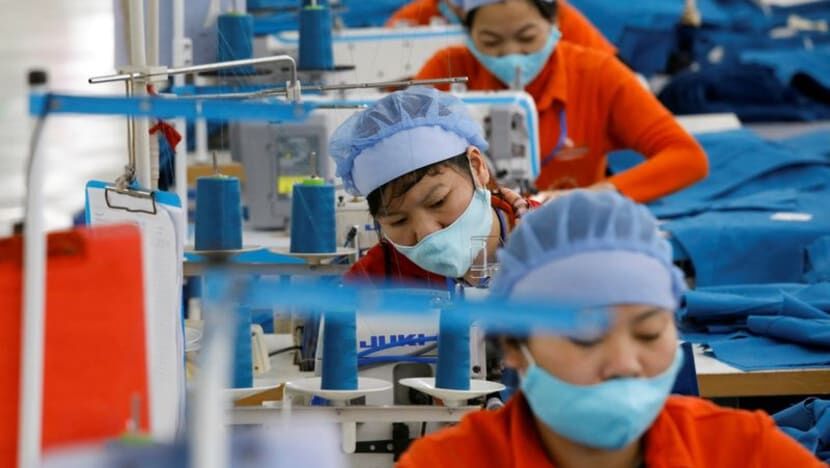OECD warns Vietnam on handouts to offset global tax rule impact

The Organisation for Economic Cooperation and Development (OECD) has expressed concerns over Vietnam’s plan to provide subsidies to large companies to offset higher taxes under the new global tax rules. A person familiar with the discussions revealed that the OECD warned Vietnam of the risks posed by such arrangements, potentially undermining the purpose of the tax reform.
Last week, Reuters reported that Vietnam was considering subsidies worth hundreds of millions of US dollars to partly compensate multinationals with significant investments in the country, such as Samsung Electronics and Intel. These companies will face higher taxes starting next year under the new rules, which were primarily designed to address tax planning practices that allowed multinationals to pay minimal or no taxes by basing their headquarters in tax havens.
Vietnam, a major manufacturing hub, has attracted foreign investment over the years due to tax incentives, low labour costs, proximity to China, free trade deals, and stable government. However, Hanoi is concerned that the higher levy under the new tax rules may deter large multinationals from investing in the country.
According to the person familiar with the discussions, the OECD informed Vietnamese officials that if the subsidies provided to multinationals were found to be direct compensation for the higher taxes, the domestic top-up tax would be disqualified. This would mean that large companies would have to pay the top-up levy in their home country, such as South Korea in the case of Samsung.
OECD senior tax official John Peterson declined to comment on the outcome of the meeting but stated that if a country compensates a multinational with targeted benefits, it would no longer be able to raise revenues from a top-up tax. In such a scenario, the company would be subject to additional top-up tax in another jurisdiction.
Vietnam’s government has not yet responded to requests for comment, and the country’s planned subsidies are still subject to changes. The current proposal includes after-tax cash handouts or refundable tax credits, which would benefit companies facing higher levies due to the global tax reform as well as those not impacted by the overhaul.
The OECD declined to comment on whether Vietnam’s planned rules could be considered a direct subsidy to offset multinationals’ higher taxes, as the plans have not been finalised. Under the new rules, countries can introduce tax incentives for companies, but their laws must be reviewed and supported by the numerous nations worldwide that have agreed to the global reform.
Latest Thailand News
Follow The Thaiger on Google News:


























